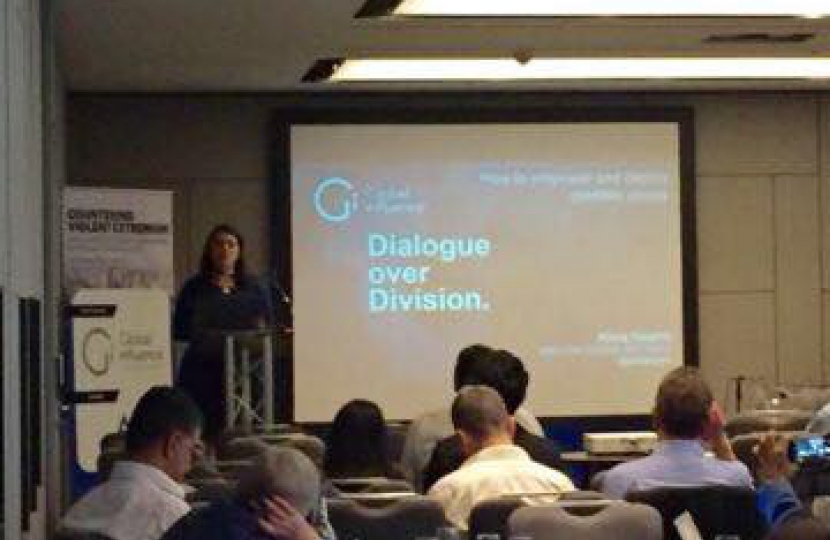
I recently spoke at Defence IQ’s 16th Countering Violent Extremism (CVE) conference.
I spoke on how to empower and deploy credible voices. Arguing that within the CVE community, we need a paradigm shift in who we consider to be credible voices, and how we identify them.
Currently, the focus is very much on empowering religious voices. However, the cognitive driving forces behind radicalisation and violent extremism are focused around issues of human security and suffering. Therefore, a wider definition of credible voices is required to effectively prevent harm to our communities, and more spaces must be made available for credible voices to operate in.
I also identified two important requirements – the need to ensure that credible voices are equipped to have effects-based conservations. And the need to use behavioural science both as a reliable way to identify genuinely credible voices, and to empower them with the right language and tools to have such conversations.
I also spoke on a panel discussing how best to confront the propaganda of violent extremists and terrorists. I argued that basic military doctrine states that we should not get stuck on the back-foot, responding to our enemy and allowing them to set the agenda. Yet in CVE, we’ve allowed ourselves too often to drown in our efforts to counter the high volume of output from violent extremists. Instead, we need to weaponise our words, and deploy our own native or offensive narratives.
The two-day event brought together best-in-class representatives of Governments, militaries, academia and information operations professionals. It sought to address some of the core challenges facing CVE practitioners. This included whether former terrorist fighters are being effectively deployed in CVE, learning from best practice in Jordan, interoperability between the military and civilian organisations, and reflections on the UK Government’s Prevent strategy.


